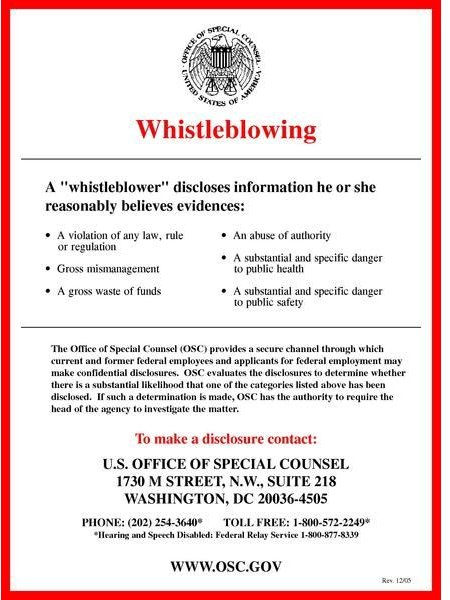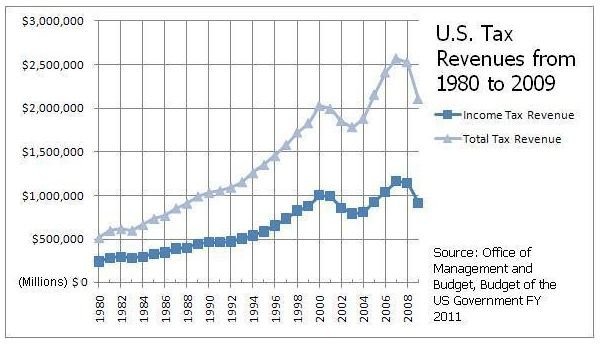A Small Business Owner's Guide to Audits
How Not to Be Afraid of the Big Bad Auditor
Auditors are often perceived as unreasonable and overbearing. However, they wouldn’t be if they could find the objects of their examination intact and in order. Otherwise, not getting the cooperation and the documents they need puts them in a tight spot because they have to complete the scope of their audit within a specific period.
As a small business owner, your best step forward is to know ahead of time what IRS examiners and other compliance auditors look for during an audit engagement. However, in being a hands-on entrepreneur, one should also know the significance and value of implementing audit initiatives in one’s business domain.
Checking out employees and periodically reviewing documents to make sure that both internal and external policies are being implemented is one of several ways to avoid tax and compliance problems. Explore the articles presented in this guide, which presents a collection of tips and sound advice pertaining to audits.
<strong>How Long Should You Keep Copies of Old Tax Returns and Other Supporting Documents?</strong>
Copies of tax returns and any supporting documentation are the best fortification against purported errors that may lead to the audit. Know the documents to keep and the reasonable length of time a business entity is expected to retain them. In addition, get tips on how to keep them organized and readily available in the event the IRS sends an audit notice. That way, a business owner starts on the right footing with the IRS representative since the latter will ask for advance copies of specific tax documents prior to their visit.
<strong>Ways to Prove Expenses for IRS Audit When Missing Receipts</strong>
As business owners become too involved with the day-to-day operations of the business, maintaining a proper filing system for business transactions can easily become a much-neglected task. Most taxpayers, who had been lax in keeping their files organized, lose heart easily when they receive an IRS notification. Their situation is aggravated by those instances in which receipts are missing and can’t be found. Find out the possible remedies, in case you find yourself in this situation.
<strong>Surviving an IRS Audit</strong>
If an entrepreneur is targeted for a tax audit and can’t seem to overcome his or her fear of it, this article with its valuable tips about how to face and to carry on with the dreaded occasion with more confidence will be a great help. If you are facing an audit, you need these tips to get over your fear.
What Happens If You Owe the IRS?
Know how and when a tax attorney can help to sort out any non-compliance tax issues and make payment arrangements. If as a result of an audit the decision is that you still owe the government some tax money, you’ll need to know what to do to cope with the situation properly.
<strong>Nine Tips on How to Avoid a Tax Audit</strong>
This article furnishes tips on how to keep small and home-based business owners on their toes when filling-out forms and complying with tax requirements as well as when claiming tax deductions. Heed this article’s advice on how to decrease the chances of getting a visit from an IRS examiner but do not become optimistic because there’s no guarantee a tax audit can be avoided.
Roundup of Business Tax Software: Which Should You Choose?
Consider the business tax software suggested by this article as a way to reduce some of the most common tax issues that crop up during IRS audits. Before you invest in this or any other tax software, be sure to do your research and due diligence to avoid any buying mistakes. However, auditing is not just about tax matters particularly if you’re running a small business. Other federal regulatory agencies also conduct their own examinations and could be as rigid as those conducted by the IRS.

<strong>Responding to a Wage and Hour Audit</strong>
Find out from this article more details about what this type of audit entails. Know what business entities prepare for and what to do if the on site Department of Labor auditor brings up certain issues of labor law violations.
Several other agencies are bound to send notifications of inspections, which actually involve audit examinations of the business records. This is particularly true if a business owner has several employees working for him or her. The main objective of these agencies is to ensure that employees, in general, are protected against unfair labor practices. Documentation of all business deals and transactions is the key to successfully handle these audits and inspection events.
Critical HR Records: What Every Employer Should Keep
Unlike tax audits in which the basis for a business entity’s selection is the taxpayer’s tax returns, compliance audits stem partly from a random selection or from a complaint or complaints filed by disgruntled employee/s. The only way a federal agency can determine if the employee’s complaint is valid is by conducting its own investigation and audit examination of the business records. Hence the importance of knowing the employment records to keep and for how long they should be kept.
Auditing is not a one-sided form of discipline because business owners should also conduct their own review and examination of their transactional records. Although this could be delegated to a trusted employee, having ideas on how audit examinations are being performed enables an entrepreneur to develop awareness if something is incorrect in one’s business operations.
What Are Accounting Audit Irregularities in Financial Statement Fraud?
Financial statements are vital to every business, regardless of the size, industry, nature or structural organization. Certain steps must be taken to ensure the accuracy and reliability of financial reports because they are the starting points in every audit. Know the accounting irregularities that make financial statements lose their credibility as representatives of a business entity’s true financial conditions.
Understanding the Value of an Audit Trail in a Sound Business System
Most businesses currently operate with computerized systems, but many are not quite familiar with their capabilities to generate reports that provide audit trails in a jiffy. Read through these explanations to develop an understanding of how different types of auditors employ these audit trails in their review and examination purposes.
<strong>Financial Statement Audit vs. Forensic Accounting</strong>
There are instances when a business encounters the need for a different type of audit, which requires thorough investigations instead of the ordinary review and examination processes. This article increases one’s awareness of the specific instances requiring forensic accounting as an alternative to financial audit.
<strong>Tips for Recognizing Accounts Receivable Fraud Schemes</strong>
One of the most vulnerable accounts that requires comprehensive checking is the account receivable (AR) item. The recording of its transactions is often the subject of manipulation in order to cover-up cash discrepancies or anomalies. The information provided by this article gives business owners a means to strengthen their business entity’s counter-measures against AR fraud schemes.
<strong>The Accounts Receivable Auditing Process and Techniques</strong>
Here we furnish suggestions on how to audit the receivable accounts in light of the examples about AR frauds. Know how to verify and pursue the telltale signs of accounts receivable fraud instead of simply harboring unfounded suspicions.
<strong>Do you Suspect an Employee of Theft? What Should You Do?</strong>
Most business owners are confronted with the dilemma of dealing with dishonest employees. What signs should a business owner watch out for and what are the steps taken to confirm or allay one’s suspicions? Know what to do and the options available to employers in handling employee-fraud.
What Internal Controls Should Be in Place for Handling Cash?
Of all business assets, cash is the most liquid and thus oftentimes the most susceptible to fraud and accounting manipulations. The auditing procedures for cash and all other accounts are determined by referencing the internal control policies of a business. The latter serves as the standards guidelines; hence, violations if any, oftentimes result in deficiencies and even anomalies.
Once you understand more about the goals and objectives of an audit, receiving notifications of an upcoming visit from the IRS wouldn’t be as dreadful as it is generally perceived to be.
References
- Author’s own experience as a bank examiner and control officer.
- Image: U.S.-income-taxes-out-of-total-taxes by Sugar-Baby-Love under public domain
- Image: Federal Government’s whistleblower awareness poster by United States Office of Special Counsel under public domain.
